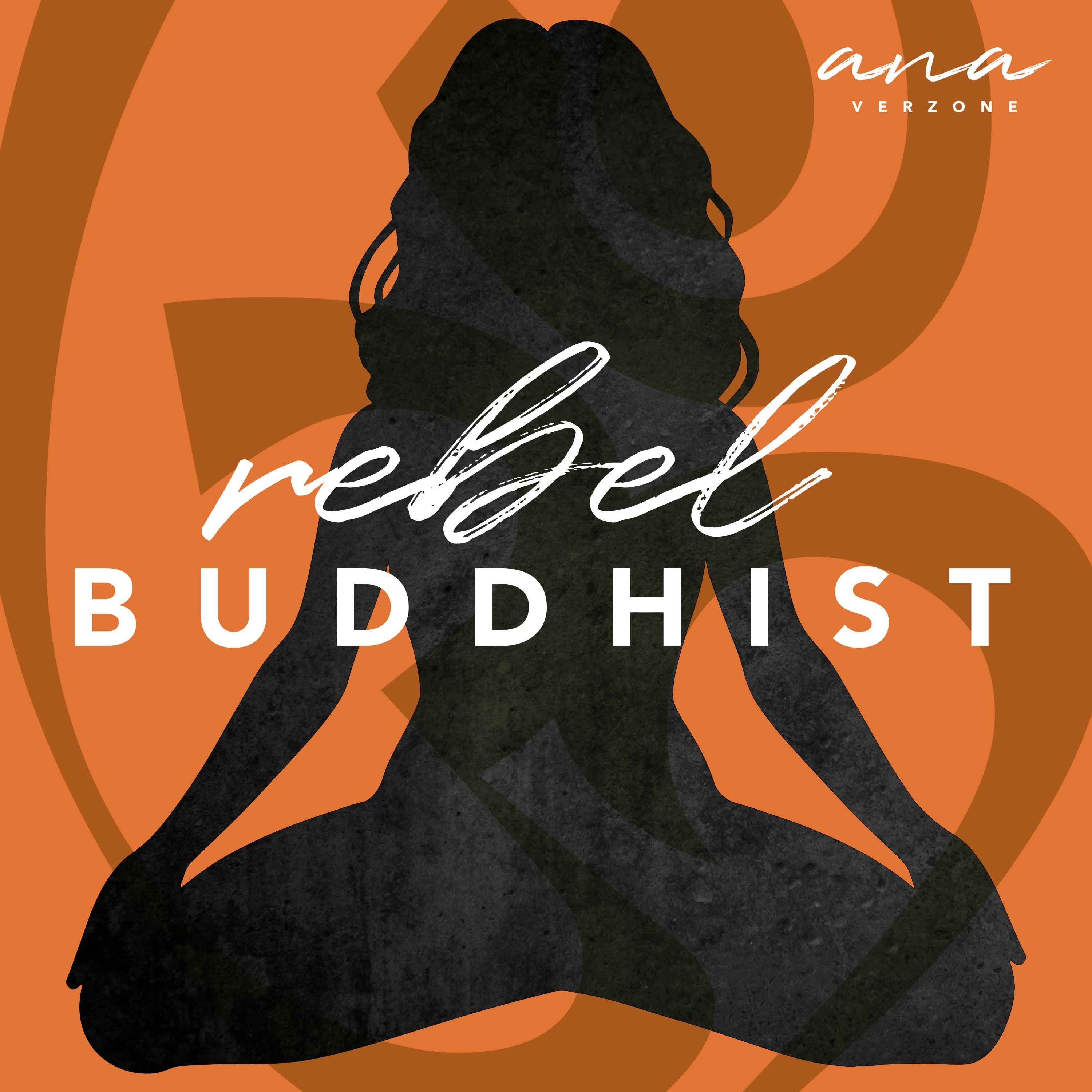- After-Shows
- Alternative
- Animals
- Animation
- Arts
- Astronomy
- Automotive
- Aviation
- Baseball
- Basketball
- Beauty
- Books
- Buddhism
- Business
- Careers
- Chemistry
- Christianity
- Climate
- Comedy
- Commentary
- Courses
- Crafts
- Cricket
- Cryptocurrency
- Culture
- Daily
- Design
- Documentary
- Drama
- Earth
- Education
- Entertainment
- Entrepreneurship
- Family
- Fantasy
- Fashion
- Fiction
- Film
- Fitness
- Food
- Football
- Games
- Garden
- Golf
- Government
- Health
- Hinduism
- History
- Hobbies
- Hockey
- Home
- How-To
- Improv
- Interviews
- Investing
- Islam
- Journals
- Judaism
- Kids
- Language
- Learning
- Leisure
- Life
- Management
- Manga
- Marketing
- Mathematics
- Medicine
- Mental
- Music
- Natural
- Nature
- News
- Non-Profit
- Nutrition
- Parenting
- Performing
- Personal
- Pets
- Philosophy
- Physics
- Places
- Politics
- Relationships
- Religion
- Reviews
- Role-Playing
- Rugby
- Running
- Science
- Self-Improvement
- Sexuality
- Soccer
- Social
- Society
- Spirituality
- Sports
- Stand-Up
- Stories
- Swimming
- TV
- Tabletop
- Technology
- Tennis
- Travel
- True Crime
- Episode-Games
- Visual
- Volleyball
- Weather
- Wilderness
- Wrestling
- Other
The Two Wings of Freedom - Wisdom and Compassion
Today I want to jam on a concept central to Buddhism, which is the two wings of the bird of awakening: wisdom and compassion.<br /> One of my teachers, Kamala Masters, said the suttas describes compassion without wisdom as a “likeable fool.”<br /> And they describe wisdom without compassion as “ a lonely hermit in an ivory tower.”<br /> Right - so neither scenario is ideal.<br /> Compassion without wisdom leads to suffering because we have to know how to help others without harming ourselves - or others - in the process. We need discernment to be able to understand boundaries and how we can best be of benefit to others.<br /> Wisdom without compassion leads to suffering because we are all interconnected, and without taking the suffering and wellbeing of others into account, we haven’t truly grasped the depth of the wisdom teachings.<br /> Together, they do more than just balance each other out - they’re essential to the path of freedom and awakening. Without this balance, we can actually do more harm than good.<br /> Another way to think of this would be to say that wisdom can be seen as internal work (the work we do within ourselves) and compassion is the work being externalized and applied to helping others.<br /> Let’s take a second to remind ourselves what we mean by wisdom, because it’s not just intellectual understanding of deep concepts like emptiness or suffering. It’s also insight into our own minds and cultivating wisdom so we understand how our mind works: what triggers us, how we react, how we can skillfully lengthen the pause between perception and reaction.<br /> The more we do this, the more we will naturally decrease incorrect perceptions and be able to see things as they actually are - reality as it IS, without delusions or stories, which helps to decrease suffering.<br /> Through understanding these wisdom teachings, we also increase our understanding of interconnectedness and interdependence, and inevitably, we have no choice but to put ourselves out there to benefit others (cultivating compassion).<br /> Compassion acts on interdependence - our deep connection to everyone and everything, cultivating an open heart to the suffering of all sentient beings - and the desire to alleviate it.<br /> Together, they create a balance between two forces, like yin and yang; emptiness and fullness; stillness and movement. Inward seeking and outward giving.<br /> Through our continued practice of meditation and mindfulness in daily life, we also see the ways we get hooked on a regular basis - by our emotions, old storires and traumas. We realize how personally we take the daily challenges of being human; how we resist change and wish things would just go the way we want.<br /> And awareness precedes change.<br /> So let’s take a moment to reflect on our own practice: Do we have a balance between both wisdom and compassion? Do we actively try to cultivate them both?<br /> I remember going up to one of my teachers and asking him some complex question about how one school of Buddhism described this nuanced aspect of emptiness vs another, and he paused after my long-winded questions and said, “You know, these questions are not so important. It’s important to check you mind: Did I help someone today? How did I treat people? Was I kind? It’s important to reflect on compassion.”<br /> We need to be honest with ourselves and make the necessary changes if we find we’re focusing too much on one or the other.<br /> Let’s end with a quote from HH the Dalai Lama: “When we are motivated by compassion and wisdom, the results of our actions benefit everyone, not just our individual selves or some immediate

